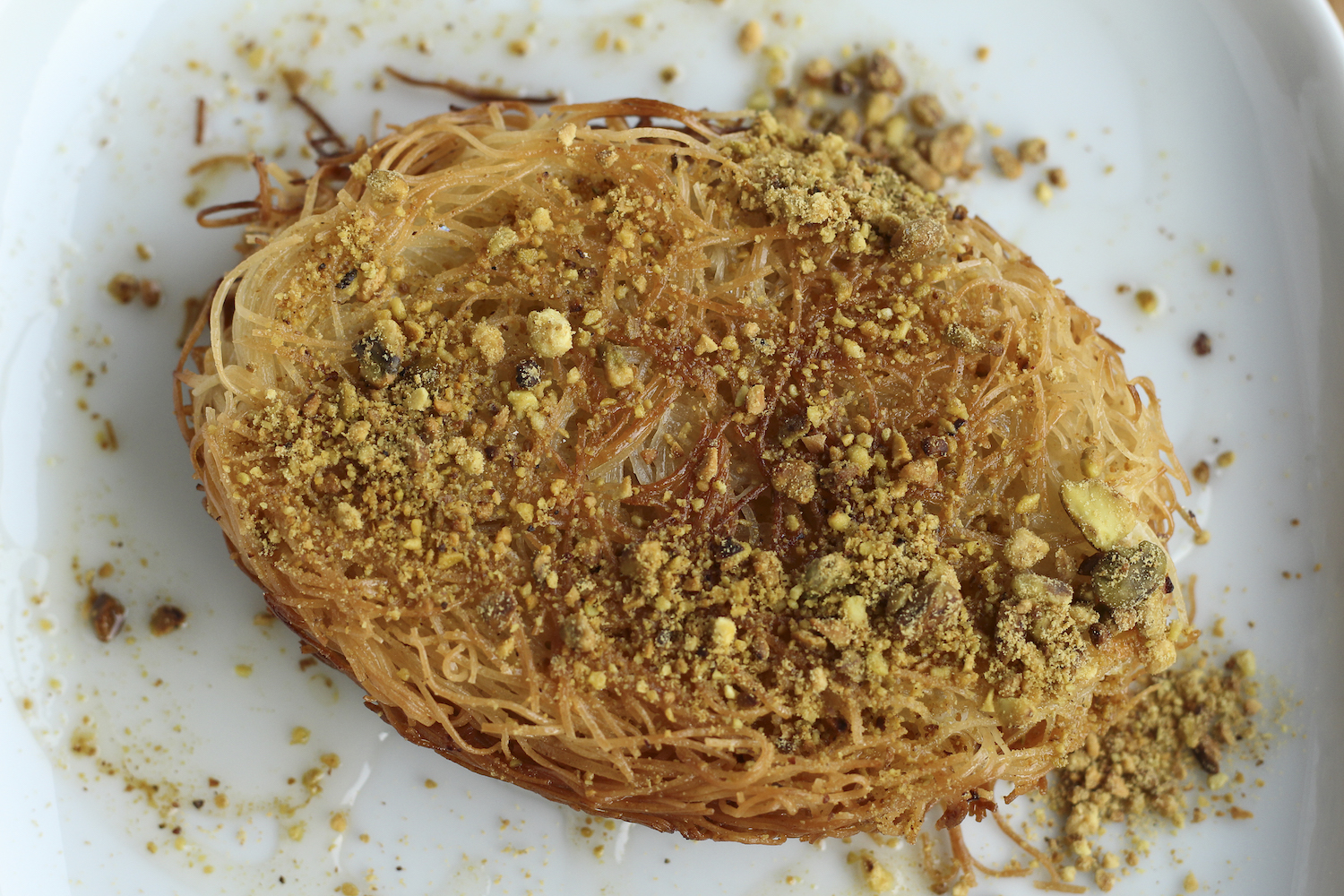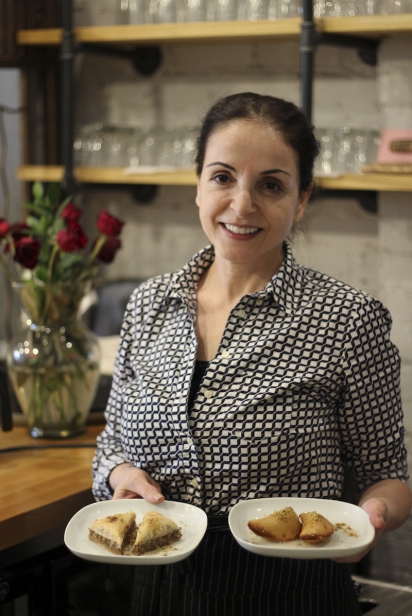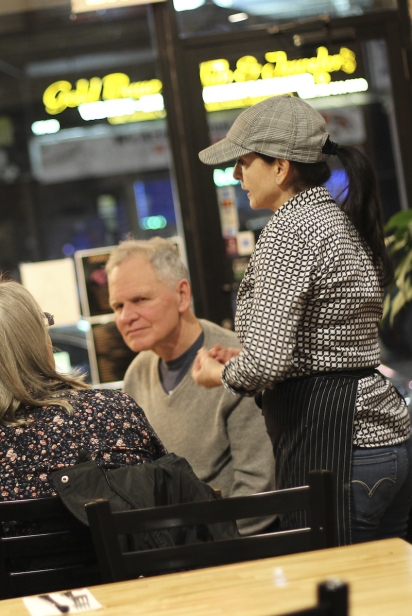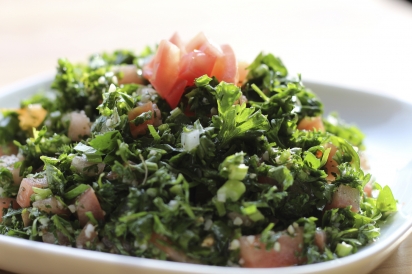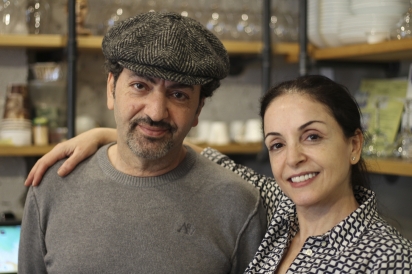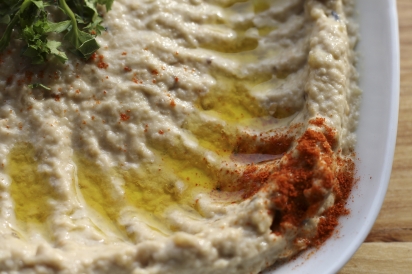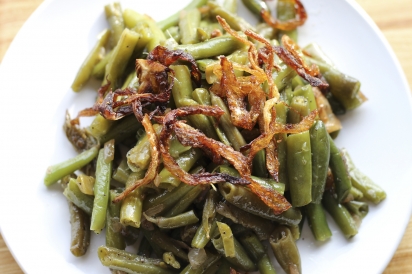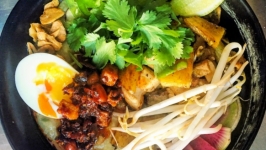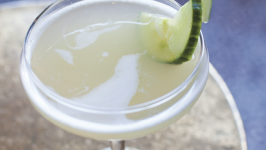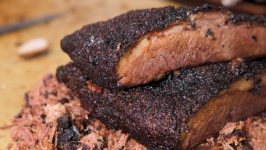Deasura
The vegetarian kibbeh (cracked wheat stuffed with Swiss chard, spinach, onion, sumac and lemon, served with garlic pepper sauce) and kafta kebab (grilled beef and lamb) at Deasura are two of Maram Jdeed Shami’s favorite childhood foods. She and her brother—and co-owner—Mohannad Jdeed, grew up in Latakia, a city on Syria’s Mediterranean coast, sandwiched between Turkey and Lebanon (cuisines that share much with Syrian food, with small but important distinctions).
As a child, Shami spent two weeks every September at their grandparents’ farm, where the large extended family gathered to help harvest and preserve the many crops they grew—fruits, vegetables, nuts, olives and much more. They made jams and marmalades from clementines, quinces and baby eggplants. They processed pomegranates into molasses, and made makdous (pickled eggplant), freekeh (roasted, sun-dried green durum wheat), olive oil and dried and ground peppers. These experiences and tastes informed Shami’s palate.
When Shami immigrated to New York City 33 years ago as a newlywed, she didn’t know how to cook. But she called upon her memories of watching her mother and grandmother cook, and tasting their dishes, to teach herself. Sometimes she’d call her mom in Syria to ask cooking questions. On one visit back home, she had an “aha!” moment when she noticed her mom adding allspice to a pot of simmering tomato sauce. She suddenly realized it was the flavor that had been lacking in her own version of the dish. For Shami, cooking became a way of staying connected to her family and culture back home.
In 1999, Shami and her former husband (who is Lebanese) opened Alfanoose (translates to “The Magic Lantern”), a Syrian-Lebanese restaurant in Manhattan. Despite its success, they sold it in 2012 because “we were tired.” She hadn’t planned on returning to the restaurant business, but when she noticed an empty storefront close to home she realized she missed the work and decided to jump back in.
Deasura opened in Forest Hills in August 2018, in a light-filled space with exposed brick punctuated by bright white walls. Shami is the chef, and Jdeed “takes care of everything else” with the exception of two specialties, the rice pudding and baklawa, which he learned to make from their mother and which he alone prepares.
Though Shami has now lived in the United States longer than she lived in Syria, the influences from her home country run deep in her cooking. Her inspiration has always been “the tastes I grew up with.” She considers her cooking to be simple, traditional and proudly Syrian. Such things as creamy hummus and smoky baba ganouge—both rich and lemony—appear on the menu. There’s foul mudammas (fava bean and chickpea salad), sambousak (deep-fried dough filled with ground lamb or Syrian cheese), khebaize (kale with bulgur and sumac), kateyef (homemade Syrian pancakes with assorted sweet fillings) and fragrant Arabic tea boiled with cinnamon.
Last year Shami visited her parents in Syria for the first time in seven years (it was also her first visit since the war started). In a country ravaged by war—with severe poverty and sporadic electricity (thus inconsistent refrigeration), she saw women using old-fashioned methods of cooking and preservation, like storing food in clay pots that are buried in the earth to stay cool. She credits women with keeping food on the table and preventing starvation during these hard times.
“Women are wise, using whatever the land gives them,” she said. It seems fitting, then, that she chose to name her restaurant Deasura, after the ancient Syrian goddess of fertility and protection, also known as the Great Mother goddess.


